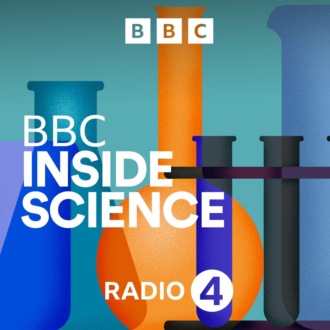The benefits and problems of eDNA – BBC Radio 4

This week, we hear from the University of Florida’s Dr David Duffy. He heads up a team of researchers who are studying sea turtles. In order to track the animals and their diseases, the scientists devised a method of collecting fragments of DNA from tanks at the university’s turtle hospital, as well as from sand and water in the local environment. While they found plenty of turtle DNA, they were surprised to uncover large amounts of high-quality human eDNA. Duffy tells us all about the study and his surprising findings, but also highlights the ethical problems this could raise. We are then joined by Dr Matt Clark from the Natural History Museum, and Sir Jonathan Montgomery from University College London, to discuss the ins and outs of eDNA – how it can be beneficial for conservation, forensics and healthcare, but could also be problematic from a privacy perspective.
Muriel Rabone and Dr Adrian Glover from the Natural History Museum have compiled an extensive checklist of all the species present in the remote Clarion-Clipperton Zone, which is an area twice the size of India, five kilometres deep in the Pacific Ocean. While you might expect this part of the sea to be devoid of life, the organisms that live there are surprisingly diverse, and we still know little about them. But the region is also chock-full of in-demand rare-earth metals.
And we are joined by Dr Katie King to talk over some of her favourite science stories of the week, followed up by Helen Keen, who gets the kettle on to reveal more about the surprising physics behind a cup of coffee. Milk and two sugars for us, please.
Presenter: Gareth Mitchell Producer: Hannah Fisher Content Producer: Alice Lipscombe-Southwell


